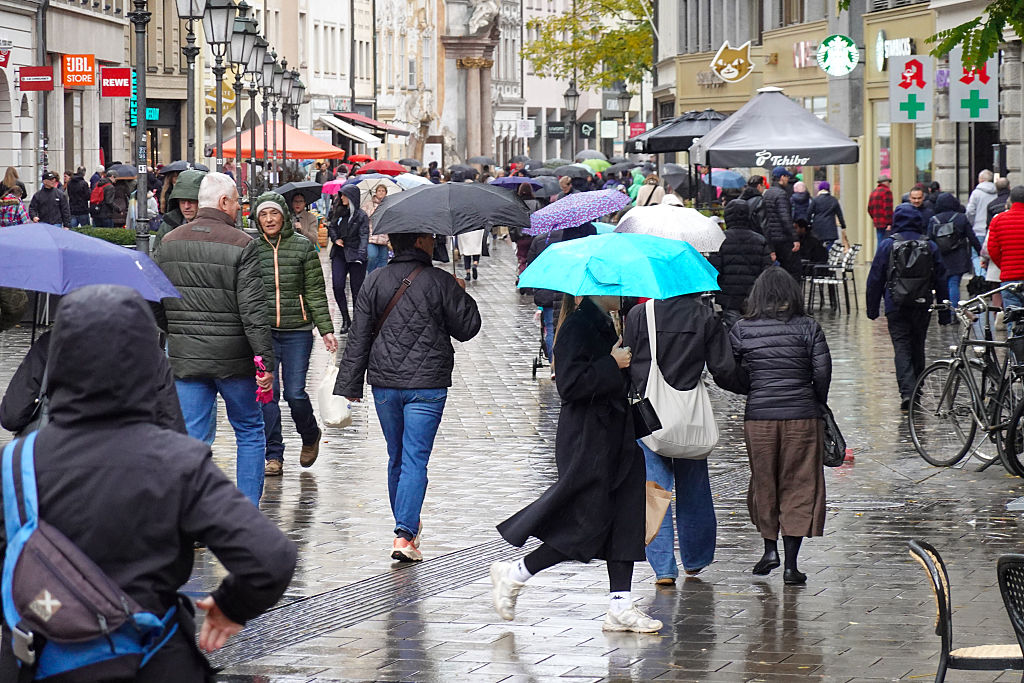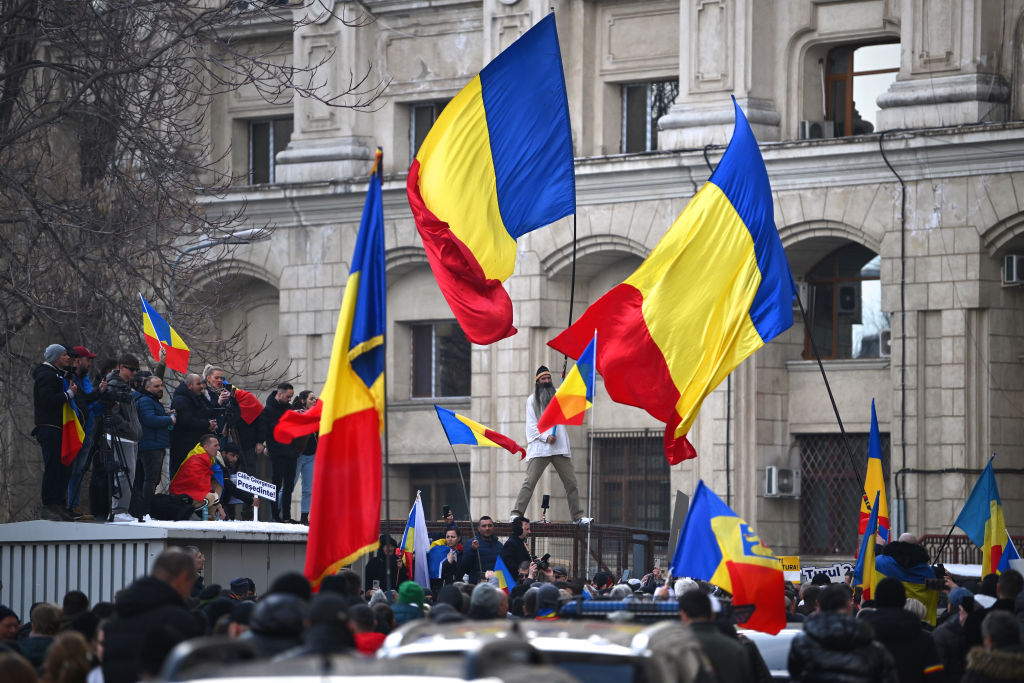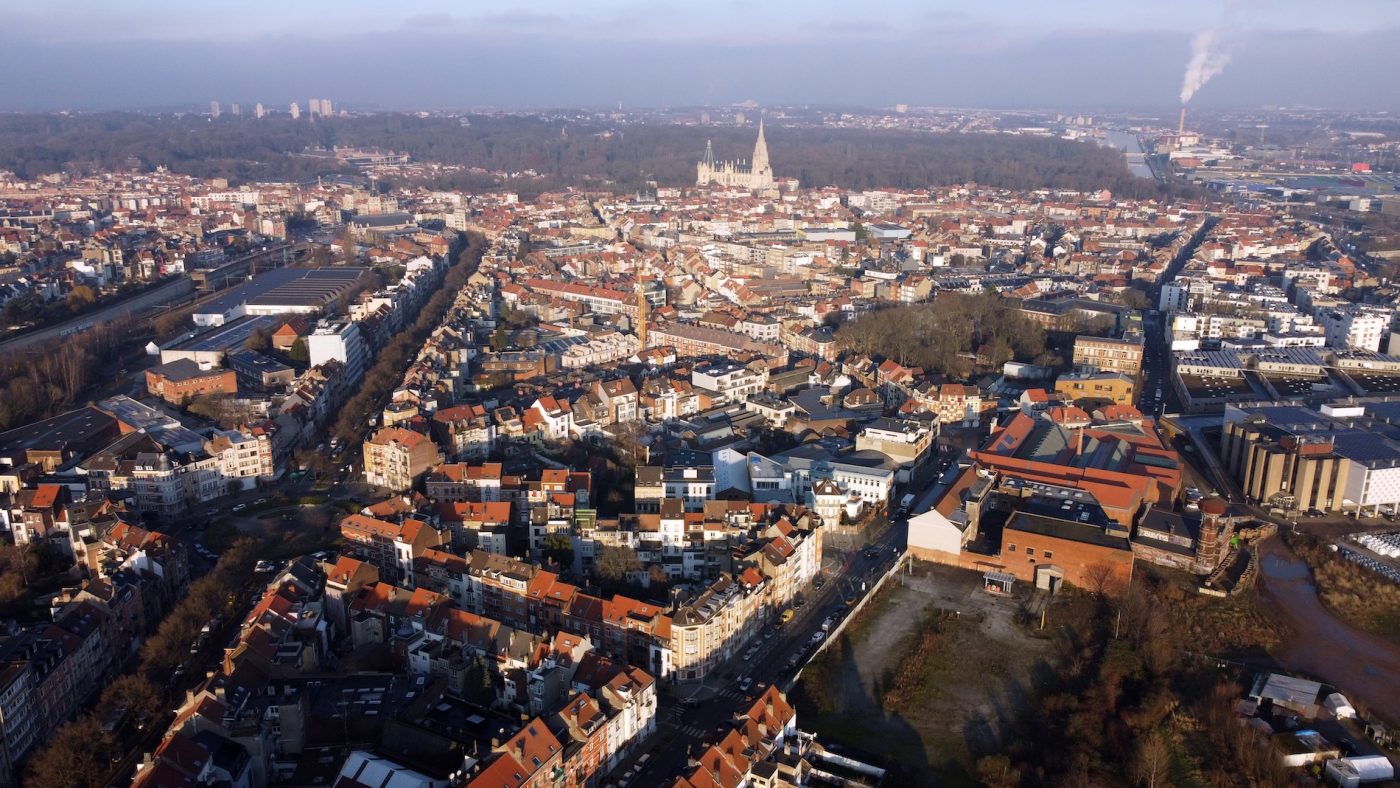Meloni's regional win secures midterm boost
By securing Marche, Meloni consolidated her reputation for resilience in an unpredictable system

ROME – Italy’s autumn marathon of regional elections opened with a win for Prime Minister Giorgia Meloni, as her right-wing coalition secured victory in the central region of Marche, the only contest widely seen as competitive among the seven on the calendar.
Incumbent governor Francesco Acquaroli, from Meloni’s national conservative Brothers of Italy, was re-elected with 52.4% of the vote, according to the official results published on Tuesday. He defeated Democratic Party (PD) MEP Matteo Ricci, who was backed by almost the entire opposition spectrum: the PD, the populist Five Star Movement, the Greens-Left Alliance, and the centrist Italia Viva of former PM Matteo Renzi.
Marche is the first region to vote this autumn, followed by Calabria on 5 and 6 October, Tuscany on 12 and 13 October, and in Puglia, Veneto, and Campania on 23 and 24 November. While Tuscany and the southern regions of Puglia and Campania are expected to stay centre-left strongholds, with Veneto in the north and Calabria in the south safely in right-wing hands, the Marche region stood out as the only genuinely competitive race.
A loss there would have been read as a national setback for Meloni. Instead, the victory bolsters the perception that her government, which has been in office since 2022, remains firmly in control.
“Marche were realistically the one region that could tip the balance in these elections,” political analyst Lorenzo Pregliasco told Euractiv, adding that the three-to-three split between both blocs demonstrates that the centre-left failed to mobilise a credible alternative against Meloni.
A vote for continuity
For Meloni, the outcome adds to the aura of stability she has cultivated.
Italy has had 68 governments since 1948, none of which completed a full five-year term. With nearly three years in power, Meloni’s cabinet is already the fourth-longest lasting in the Republic’s history.
For the right, the win is also a chance to frame the opposition as divided and unconvincing. “The left wanted to turn these elections into a national test against Meloni,” said Antonio Baldelli, an MP of Brothers of Italy from Marche.
“Voters saw that alliance for what it is: a patchwork of parties united only by their opposition to Meloni. You don’t govern a region with hatred or opposition for its own sake.”
Opposition soul-searching
Despite the unprecedented unity of opposition forces, the alliance failed to present itself as a credible alternative.
“The citizens of Marche have chosen continuity,” Augusto Curti, a PD lawmaker from the region, said. “The centre-left must continue on the coalition path but also find new energy and participation, especially to fight against dramatic levels of abstention.”
As voters in Calabria, Tuscany, Puglia, Veneto, and Campania prepare to cast their ballots, the overall balance between right and left is unlikely to shift. But by securing Marche, Meloni consolidated her reputation for resilience in an unpredictable system.
(cs, mm)









